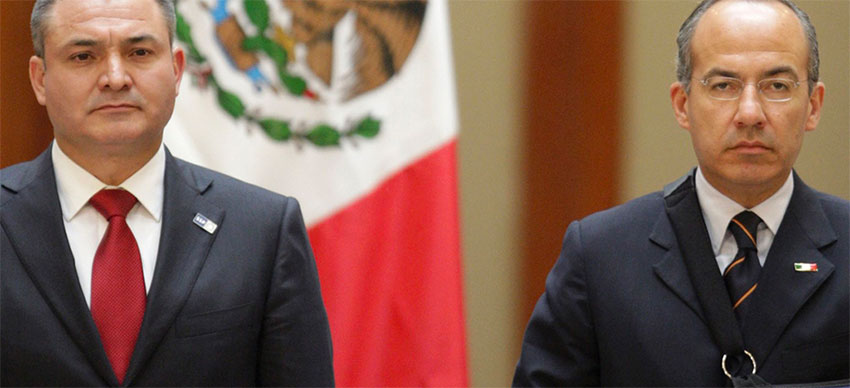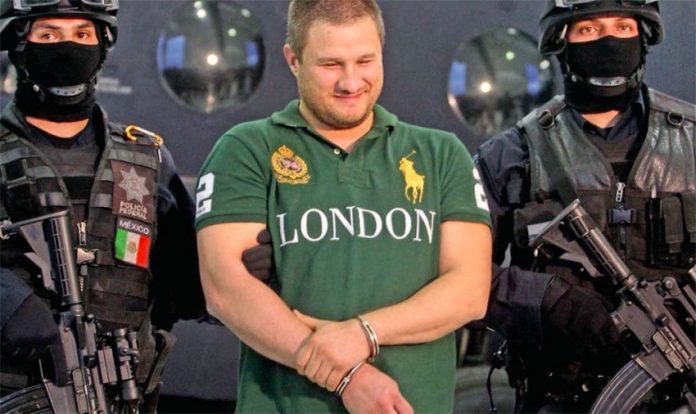A convicted drug lord provided information to United States authorities between 2008 and 2010 that linked former president Felipe Calderón and members of his government to Mexican drug cartels.
Edgar Valdez Villarreal, a United States citizen nicknamed La Barbie because of his fair skin, collaborated with the Drug Enforcement Administration (DEA) and the Federal Bureau of Investigation (FBI) while he was working as a drug trafficker with the Beltrán-Leyva Cartel.
That information has only recently come to light because court documents from Valdez’s 2018 sentence hearing in Atlanta, Georgia – at which he was sentenced to almost 50 years in jail – have been declassified.
Valdez told U.S. authorities that corrupt officials in the Calderón government revealed the identity of DEA agents in Mexico to the Sinaloa Cartel and the Beltrán-Leyva Cartel. The corrupt officials also supplied the cartels with photographs of the agents and told them where they were located, Valdez told authorities.
One DEA agent was murdered in the period in which the officials were supplying the confidential information to the cartels.

In a report published Thursday on the news website Aristegui Noticias, Mexican journalist Anabel Hernández noted that a lawyer for Valdez gave her a letter in 2012 in which the trafficker-cum-informant claimed that he had given multimillion-dollar bribes to Genaro García Luna, Calderón’s security minister who was arrested in the United States last December.
In the letter, published in November 2012 by the newspaper Reforma, Valdez also claimed that Calderón, the president who launched the so-called war on drugs shortly after he took office in late 2006, had personally met with drug traffickers.
Hernández wrote that Valdez most probably shared that information with the DEA and FBI between 2008 and 2010.
A lawyer for Valdez said in 2018 that Calderón’s crackdown on cartels was not in fact a war against drugs but a “war for drugs.”
In the letter given to Hernández, Valdez said that his arrest in Mexico in 2010 came about because he refused to cooperate with Calderón.
“My arrest was the result of political persecution by Felipe Calderón Hinojosa, who initiated harassment against me because I refused to be part of the agreement that Mr. Calderón Hinojosa wanted to have with all the organized crime groups,” he wrote.
Calderón has steadfastly denied any involvement with criminal groups and has also said that he had no knowledge of García Luna’s alleged collusion with cartels.
Source: Aristegui Noticias (sp)
